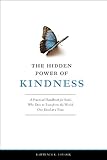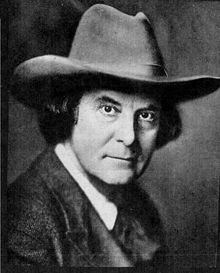The Only Real Revolution
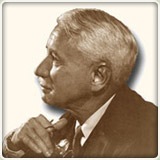
“The only real revolution is in the enlightenment of the mind and the improvement of character, the only real emancipation is individual, and the only real revolutionaries are philosophers and saints.”
–Will Durant (American Historian, 1885-1981)
The Strength to Give In
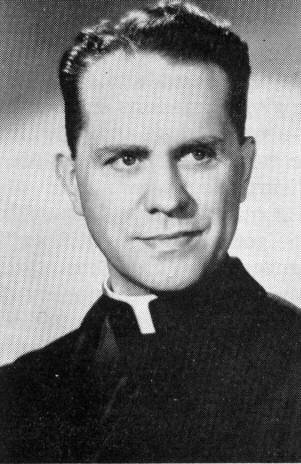
“One way of getting along with people is the ability to give in. Strength of character means the ability to give in to others from motives of love, kindness, and humility, and to do so gracefully, when no sin is involved. It also means the ability to stand on principle, and not to give in, when sin is involved.”
–Lawrence G. Lovasik (American Roman Catholic Priest and Writer, 1913-1986)
Building Character
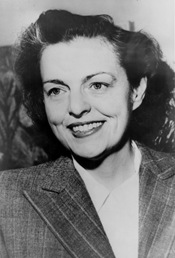
“Character isn’t inherited. One builds it daily by the way one thinks and acts, thought by thought, action by action. If one lets fear or hate or anger take possession of the mind, they become self-forged chains.”
–Helen Gahagan Douglas (American Actress and Liberal Democratic Politician, 1900-1980)
Environment Modified But Doesn’t Govern Your Life
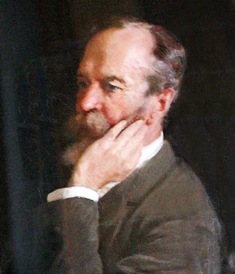
“It is a common habit to blame life upon the environment. Environment modifies life but does not govern life. The soul is stronger than its surroundings.”
–William James (American Psychologist and Philosopher, 1842-1910)
Raising Character

“You must rouse into people’s consciousness their own prudence and strength, if you want to raise their character.”
–Luc de Clapiers, Marquis de Vauvenargues (French Moralist, Optimist and Essayist, 1715-1747)
The Character of Culture
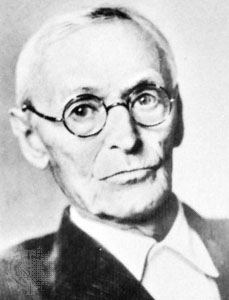
“Every age, every culture, every custom and tradition has its own character, its own weakness and its own strength, its beauties and cruelties; it accepts certain sufferings as matters of course, puts up patiently with certain evils. Human life is reduced to real suffering, to hell, only when two ages, two cultures and religions overlap.”
Hermann Hesse (German-born Swiss Novelist, Poet and, in 1946, Winner of the Nobel Prize for Literature, 1877-1962)
The Ethical Brain
There is a nice blog, Brainethics, that discusses an interesting new book Hardwired Behavior by Laurence Tancredi. This really is an outstanding piece of work. The author is both a psychiatrist and a lawyer who argues that Society’s assumptions about free will and individual responsibility must be drastically revised in the light of scientific discoveries about the brain.
This is part of a large debate that is going on within psychiatry and psychology and within the legal profession. As an example, at what age should a young person be able to drive a car or be legally liable for their decisions? The driving question comes up because the brain and nervous system of a fifteen-year-old is still far from being fully mature, and may lead to poor coordination and decision-making. Can an eighteen-year-old be held liable for his behavior, at a time that his brain is not fully formed? Yet he is able to fight for his country. You will see that your answers to those questions are likely to be a mixture of political positions and personal experience. But there is also no doubt that the explosion of knowledge about the brain will be factored into some future legal decisions.
In Tancredi’s book, he applies knowledge derived from recent research to such traditional moral concerns as violence, sexual infidelity, lying, gluttony and sloth, and even financial fraud and gambling. For anybody working in the field, it is very clear that hormones, nutritional status, drugs, genetic abnormalities, injuries and traumatic experiences all have profound effects on the structure and functioning of the brain. Therefore they may all have an impact on our moral choices. Some experimental work implies that our actions are initiated by pre-conscious and unconscious processes in the brain before we are consciously aware of them. Does that mean that our sense of moral agency is a retrospective illusion? And what about free will?? Is that an illusion too?
I like this book, and also the recent book by Michael Gazzaniga, entitled The Ethical Brain. But I need to sound a note of caution: we are bewilderingly complex creatures, and there is powerful evidence for the existence of systems that can over-ride some of the neurological ones. So even after reading and studying hundreds of books and scientific papers and talking to hundreds of scientists around the world, I remain convinced that free will is not an illusion, and that there really is a genuine morality which is a great deal more than the firing of neurons in the brain.

